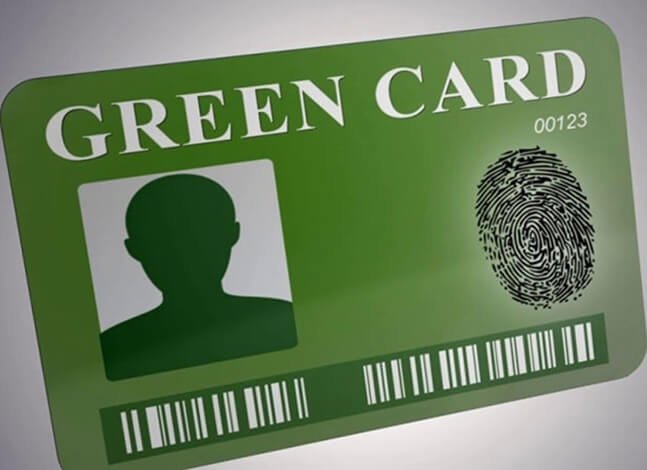Last Updated on September 16, 2023 by
We often hear the word green card but let’s understand what it is. A “green card” is an informal word for a Permanent Resident Card, which allows foreign nationals to live and work continuously in the United States. They are also referred to as legal permanent residents (LPRs). Family green card is a crucial avenue to permanent residency in the United States. This card is fundamental to the immigration system. If you need help applying for one, a Green Card Lawyer can assist.
Table of Contents
Who gets a green card?
Not all foreign citizens who are related to someone in the United States are eligible for a family-based green card. In certain categories, qualification is contingent on sponsorship by a qualifying family member. Forms and documentation must be submitted as part of the process. Both US citizens and lawful permanent residents can file a petition to assist family members in obtaining a green card.
The preference categories:
Non-immediate family members are prioritized in the preference categories. The first preference is given to unmarried offspring of US citizens over the age of 21. Spouses, minor children of permanent residents, and unmarried children over the age of 21 are given priority in the second category. The third choice is for U.S. citizens’ married children and the fourth preference is for U.S. citizens’ siblings. Only spouses, children, and unmarried children of permanent residents are eligible to sponsor.
There are caps and wait times. Both the petitioner (a United States citizen or permanent resident) and the beneficiary must meet a number of standards like a qualifying relationship, financial support capability, and health exams.
The family-based green card is an excellent option for reconciling with family members who may not be eligible for other types of green cards. It consists of two basic steps: Form I-130 and Form I-485, or consular processing.
Form I-130:
The first step in obtaining a family-based green card is to file Form I-130, also known as the “Petition for Alien Relative,” with USCIS in order to establish the qualifying relationship between the petitioner and the beneficiary. Each beneficiary must file their own Form I-130. However, family members might be included as derivative beneficiaries. There is a $535 application fee and extra documents such as evidence of a relationship are required.
Final thoughts:
Processing times vary and it is recommended that you engage with an immigration lawyer to guarantee precise and efficient submission lowering the chance of delays.
Apart from that, if you are interested to know about Green Card Immigration Lawyer then visit our Law category.






















